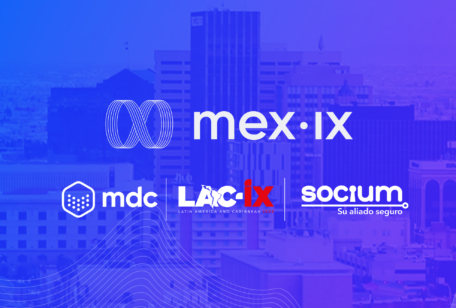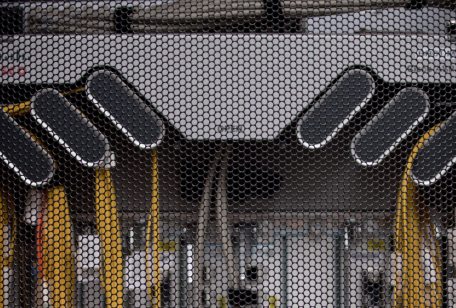
MDC Newsroom
Some carriers believe that the cache servers of content providers such as Netflix or Facebook are sufficient to meet the growing demand from users, but this is not always the case. Many content providers do not have their own distribution networks and rely on CDNs to deliver their content.
CDNs (Content Delivery Network or Content Distribution Networks) are a network of servers in different data centers around the world that are used to quickly and cost-effectively deliver a wide variety of content. While CDNs are optimized for video content delivery, they can also transport any type of data. This includes the data for most apps, like ridesharing services for example. How well that data is delivered back and forth impacts the user experience and can make the difference when choosing between Uber, Lyft, or one of the many competitors out there.
While video content demand continues to grow, carriers should keep CDNs in mind, and that they may not need a caching solution to access their content. Peering at an IXP can be the perfect option to exchange traffic and access more than one content provider. But before we continue, let’s take a quick step back and go over what peering is.
Peering happens when two or more networks agree to exchange traffic for mutual benefit. This can happen privately, from one network to another, or publicly through Internet Exchange Points (IXP) where multiple networks can converge at a single point for more efficient traffic exchange.
How peering can be a complementary or even a better option to caching
Peering in an IXP allows you to obtain all the benefits of caching without having to cover the operating costs of the content servers and without occupying bandwidth for updating them. Here are five advantages of a peering solution over a caching solution:
Exchange between two or more networks
By peering at an IXP like the MEX-IX you can share traffic with one or all IXP participants, for example at MDC you can peer with:
Akamai
operates 4,100+ PoPs & a network capacity of 1+ Pbps
Gcore
13,000+ peering partners & 110+ Tbps of capacity
StackPath
provides +75 Tbps of traffic capacity on its network
These CDNs share traffic for the following platforms:
- Xbox
- PlayStation
- Nintendo
- Amazon Prime
- Spotify
- Disney +
- Apple
- Slack
- Uber
- Adobe
- Universal
- Among many others…
MDC & Gcore: Transforming Challenges into Opportunities
Read the Case StudyLower operating costs
With caching solutions the content provider supplies servers at no cost to the operator, however the installation, operation, and maintenance of the servers are the responsibility of the network operator.
When peering, content providers colocate at data centers with an IXP, which keeps costs fixed while exchanging traffic with multiple content providers locally.
Capacity distribution
Caching solutions can have limited content that is dynamic and adapts to the current demand of the end users while with peering the content available is much greater. Content availability is usually higher because the content providers that are connected to an IXP have a larger point of presence in the data center. Having more local content decreases the use of IP transit links.
Updating content
Updating content in a cache consumes the capacity contracted by a network. When peering, updating content on the servers goes through a direct connection from the content provider to an IP Transit provider. By getting content locally you decrease the bandwidth usage of your IP transit or transportation links.
Scalability
The aggregation of networks in a port allows networks to obtain content from different providers from the same interface. With caching, each content provider has its own servers you need to connect to which increases operating costs overall.
Want to dive deeper into the topic?
Schedule a call with us to learn more about the difference between peering and caching, the MEX-IX and its benefits, or even help with a custom business case for you.








